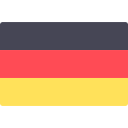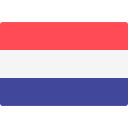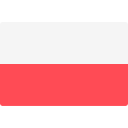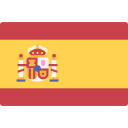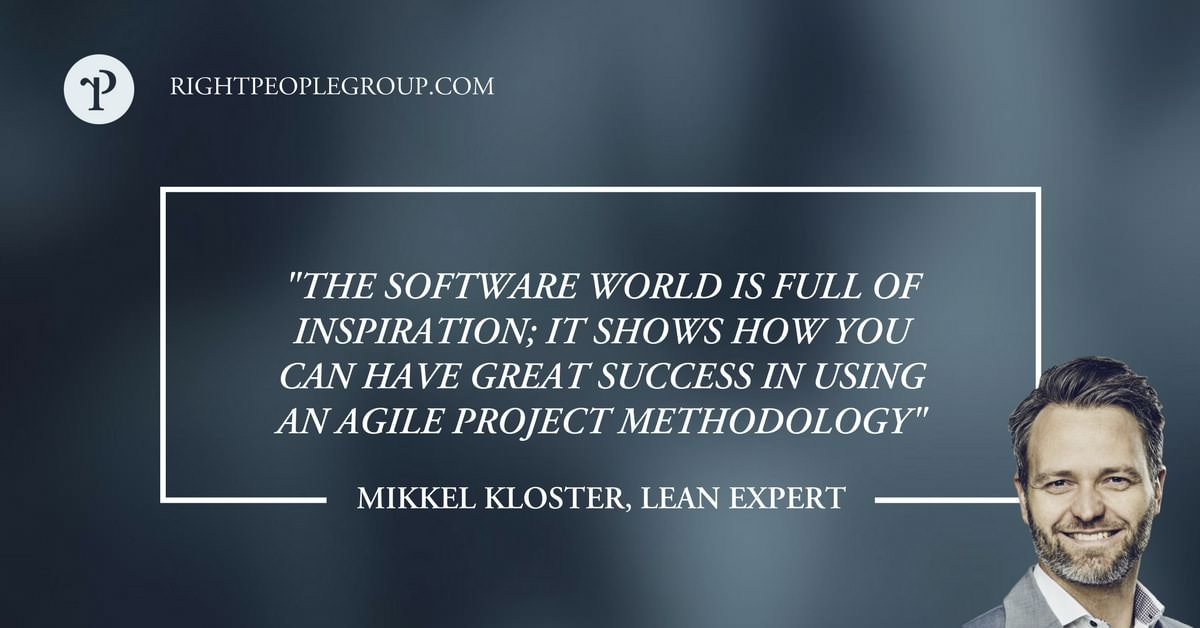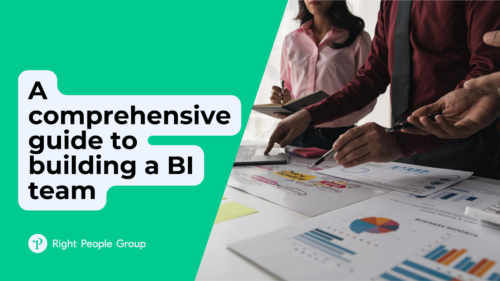Mikkel Kloster, Lean consultant and coach, is a civil engineer from Aalborg University and has spent the last 12 years working with Lean and change processes in large companies and organizations, including filling the role of Corporate Lean Program Manager at Siemens in Germany. Since 2013, Mikkel has worked as an independent consultant focusing on coaching on the one hand and Lean / process optimization on the other. As an independent consultant, he specializes in Lean processes in IT environments and creates results by combining his understanding of processes with his ability to communicate and implement change.
1. Why have you chosen to work as an independent Lean consultant?
Essentially because I like the versatility of the role and I wanted to try more things out at the same time. Before I became an independent consultant, I worked at Siemens as Corporate Program Manager for Lean Engineering in a kind of in-house consultant role. This was also a versatile job, but in 2013 I got the opportunity to work in an area I’ve always been interested in: providing coaching as a Senior Lean Coach for an American company. This encouraged me to take the plunge and register as an independent consultant. Now I combine coaching and presentation technique sessions with projects within Lean and process optimisation. I don’t know anyone else who does this combination, but it is an optimal mix for me, and gives me a really unique set of capabilities in relation to creating the most value for my customers. I have both the experience to see what needs to change, what it takes to get people to understand why, and how to implement the necessary changes in the organisation.
2. What is the most interesting project you have worked on and why?
This is a hard question to answer, but if I had one highlight, then it would probably be the management development program I worked on for Google focusing on presentation and communication. They employ some crazily smart people at Google and they have an extremely different work culture compared to more traditional businesses. They are less afraid of making mistakes, and are more willing to try things out and move forward quickly. This is cool. I have another project with Google coming up, where I will coach their Nordic managers; that is something I am looking forward to.
3. What are the most important academic trends you see in Lean?
I don’t really see particular trends, as classic Lean methods of management are still the most demanded in companies. On the other hand, Lean methods are increasingly applied to other processes rather than just optimisation of production processes, and there is a growing awareness of the unexploited potential in using Lean for other business processes such as product development, innovation or project management. The software world is full of inspiration; it shows how so you can have great success in using an agile project methodology, whereas many other industries are still using the waterfall model.
4. What qualities distinguish the best Lean consultants from the crowd?
The best Lean consultants are those who focus on building up knowledge and expertise and leave lasting improvements at the companies they work with. Those who manage to make themselves dispensable within a limited timeframe. Trite said there are two levels in which one can help an organisation: you can give the hungry man a fish or you can teach him to fish. In my opinion, if you don’t manage to build up competencies in the company, then you haven’t solved the task. I use my coaching skills a lot to ensure that knowledge and knowhow is transfered to the client. It’s actually something that companies do not always think of, although in the long run this is the most important thing.
5. What determines that a project is successful – and what increases the risk of failure?
I actually just worked on this problem today: who feels responsible for a project? It’s a classic but often it hasn’t been thought through. How should the roles be delegated to ensure the project’s success? If the CEO initiates a project without having the actual management team on board, then it will be a difficult process. The project ownership needs to be placed with those people who are actually going to create and secure changes in the organisation. As consultants we only provide a service: we bring competencies and we facilitate a process, but at the end of the day, the employees are the ones who need to own the process and make the project a success also after we left.
When responsibility is allocated, the next challenge is scoping out the project: what and how much do you want to do – often you want to do too much. In my opinion, it is better to take several small steps compared to one large leap. A change process is not linear, it is an iterative process providing you with learnings that give you input to adjust your process as you move forward. Risk of failure rises if you want too much too fast, trying to squeeze a master reorganisation plan of an organisation without taking stock of reality in the process, is a likely route to failure.
[fusion_vimeo id=”129082380″ width=”648″ height=”360″ autoplay=”no” api_params=”” hide_on_mobile=”small-visibility,medium-visibility,large-visibility” class=”” /][fusion_separator style_type=”single solid” top_margin=”15″ bottom_margin=”25″ sep_color=”#dedede” border_size=”” icon=”” icon_circle=”” icon_circle_color=”” width=”” alignment=”” class=”” id=”” /][fusion_text]Video: how to hire an independent Lean consultant through Right People Group?
6. What skills do you expect you will acquire in the next year and why?
I’m not great at approaching this part of my professional life strategically as I’m too busy with customers. However, I have discovered that I lack knowledge of ITIL which is something I frequently encounter in my work with change management in IT environments, so I am going to do something about that this year.
7. As a Lean consultant, how do you keep yourself up to date with the development in your field?
It may sound arrogant, but at the moment I don’t think it is necessary as the things required are quite generic and the customers appreciate my approach. What I focus on right now is on becoming even better at reading people and interpreting the ‘political game’ in an organisation, so I pick up on all of the information that isn’t necessarily explicitly stated and thus can do my job even better.
8. What is your best advice for other consultants who are considering going freelance?
If not already done so, you have to make a SWOT analysis of yourself as an independant consultant. It has certainly helped me to uncover what it is I need to focus more on to be a successful consultant. A very concrete things that came out of it for me was that it was difficult for potential customers to see what I was doing. It is important to ‘productize’ what you do. The result was that I made a video with some customers that showed how we made Kaizen boards in the Northern Denmark Region. Shortly after, I had a new client to who required the exact same ‘product’. You do not buy a consultant, but an effect or a product; the more clearly you can show what customers actually gain by hiring you as a consultant, the better.
9. What is your best advice for companies who are considering hiring an independent lean consultant?
Customers must set out requirements and remember to focus on what they can learn from the consultant more than what the consultant is capable of doing. That is how you get the most for your money. It is not cheap to hire consultants, but if you use them properly, it can be extremely worth it because they add a lot of energy and learning. This is where we get back to that the customer needs to focus on transfer of knowledge; this is often neglected, but is in a way the most important thing.
______________________________________________________________
Are you an independent consultant?
Sign up for our project newsletter and receive new projects within your selection of competences and regions directly by email.
Do you need a Lean consultant?
Contact us through the contact form below or send us an email at [email protected] for a CV and hourly rate for Mikkel Kloster or another consultant who matches your project and requirements. Read more under Lean consultant.
Tell us what you need
Let us know what you are looking for and receive CVs of 2-3 independent contractors with skills that match your needs.
Our pricing
Our service of helping you find the ideal consultant for your project is free of charge, with no obligations.
Right People Group only charges you if you hire one of the consultants we present.
Our prices are low for the quality we deliver. This is partly because our business model is efficient. It’s also because we always deliver the best solution in the market in terms of quality and price.
How we select your consultants
Here’s how we get you the right consultant.
Step 1 | Focus on goals We create anonymous job descriptions to attract applicants who are focused on project goals and objectives. |
Step 2 | Maximize reach We search through our network of segmented databases and referrals, and conduct searches on recruitment platforms and marketplaces. |
Step 3 | Selection We filter through potential candidates to find consultants with qualifications and experience that match your expectations. We also look for patterns that indicate high performance, such as long-term relationships and repeat projects. |
Step 4 | Screening We interview candidates to ensure that the candidate’s skills and personality will be the right fit for you. |
Step 5 | Delivery We handpick and deliver profiles of the best candidates. In case a consultant goes sick or doesn’t work out, we find a replacement right away. |
Are you a consultant?
Sign up to join our consultant network.
We’ll email you projects that are relevant to your profile as soon as they become available.

